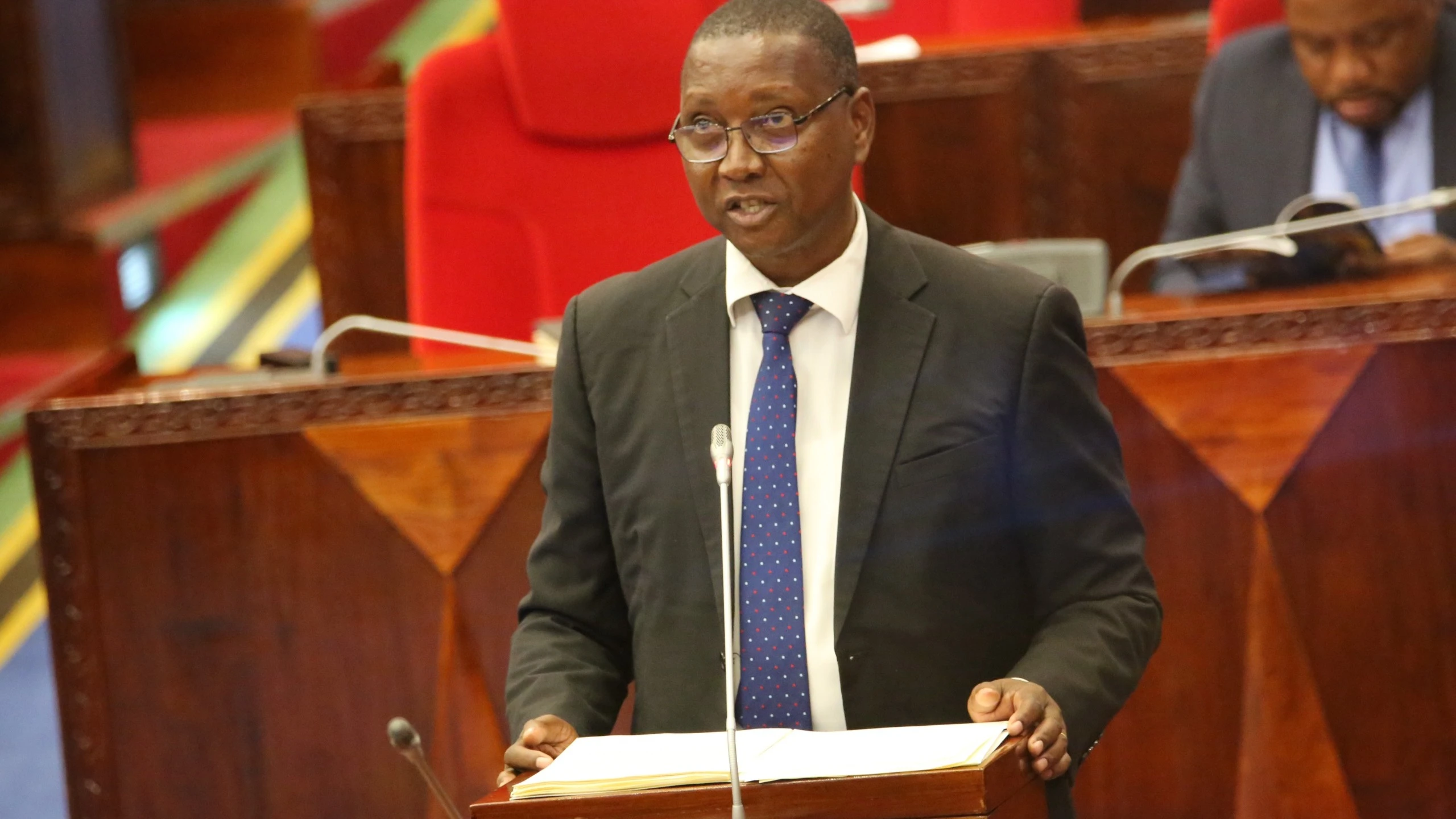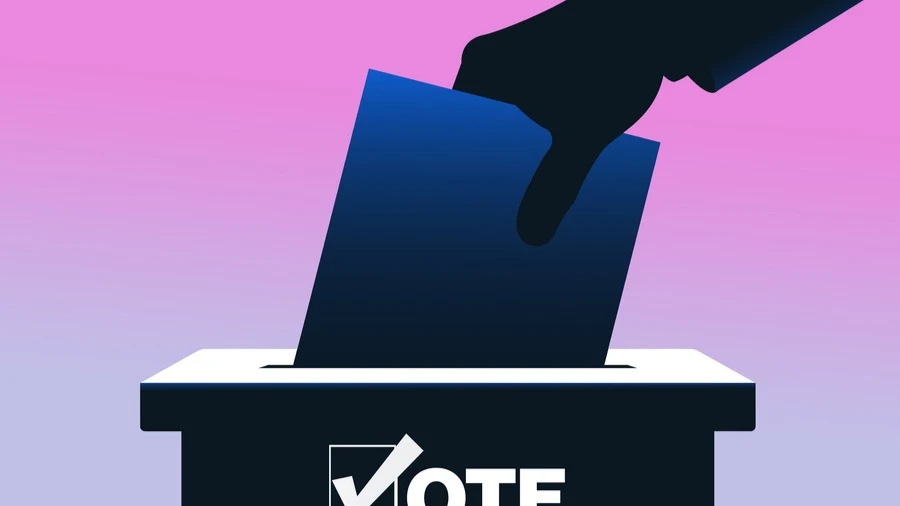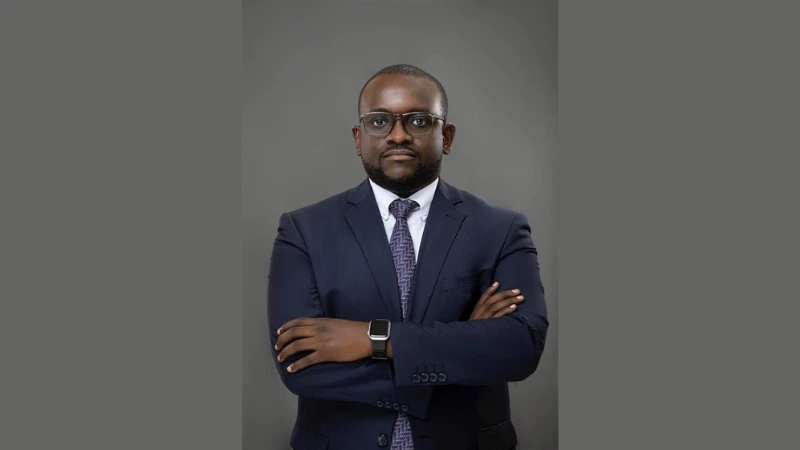New scholarships: Ministry targeting AI, data sciences, machine learning

ARTIFICIAL intelligence is taking pride of place in government plans to award scholarships to outstanding A-Level science students, it has been announced.
Prof Adolf Mkenda, the Education, Science and Technology minister set out this inclination in presenting the ministry’s budget estimates for 2025/26 in the National Assembly yesterday.
He said those selected will be enabled to pursue undergraduate degrees at leading international universities in the fields of data science, artificial intelligence (AI), machine learning and related disciplines, with five focus areas shaping the direction of education policy and development in the coming year.
Asking for approval of a total of 2.4trn/-, he said 688bn/- is intended for recurrent expenditure and 1,7trn/- earmarked for development projects, with 1,1trn/- drawn from domestic sources and 560bn/-expected from development partners.
The new programme, an extension of the presidential scholarships drive, has taken a new level in pursuing data science, artificial intelligence and allied sciences. It marks a significant step in the drive to build a future-ready, tech-empowered generation, he remarked.
The scholarships are aimed at nurturing a new cadre of highly skilled professionals who can contribute meaningfully to national and global technological advancement, he said.
“These individuals will be equipped to compete and work globally, contributing to Tanzania’s development in science and technology,” he specified, pointing out that the DSP/AI+ programme forms part of a broader set of strategic priorities for the coming fiscal year.
It has a strong emphasis on educational reform, technological innovation and enhanced research capacity, which form strategic priorities for the new financial year, with intent to enhance research capacity, he said.
Priorities include overhauling curriculum and educational policies, boosting vocational training, enhancing the quality of basic and higher education, and promoting science and innovation, he said.
The pursuit of policy implementation and curriculum development includes reviewing existing laws governing education and issuing new guidelines to improve the delivery and structure of academic and technical training, he said.
Expanding access to vocational education and improving its quality, particularly in secondary schools and technical colleges is a key objective, to better equip young people with practical skills that meet the demands of the modern labour market, he said.
Efforts will also focus on improving education across all stages—from pre-primary to teacher training institutions to ensure a stronger foundation for learning while enhancing teacher capacity and educational outcomes, he said.
Expanding higher education opportunities is being done in tandem with raising standards in universities and colleges, an approach whose broader goal is to make Tanzanian higher education more competitive on the global stage, he said.
In a significant move to bolster the country’s research and innovation ecosystem, the government will invest in developing local capacity in science and technology.
Tanzanian students will be sponsored to study abroad in fields such as nuclear science, computer science and artificial intelligence at leading international institutions, he stated.
The government’s plan is a critical step in aligning the country's education system with its long-term development goals including Vision 2050 and the 2030 Sustainable Development Goals (SDGs), he added.
Top Headlines
© 2025 IPPMEDIA.COM. ALL RIGHTS RESERVED






















